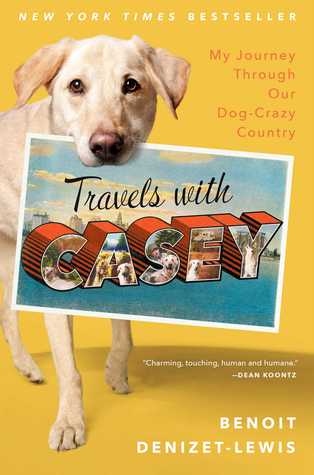After the cliffhanger ending of Catching Fire, Mockingjay picks the story right up and shows Katniss Everdeen unsure of herself as she takes the mantle of the titular bird and becomes the face of the rebellion against Panem. Meanwhile, Peeta and Johanna are held captive in the Capitol, leading Katniss to demand the rebels of District 13 rescue her fellow games participants. Eventually, there is a full-on assault on the Capitol.
One of my few issues with the book was that Katniss seemed to take a step back in her journey toward being the face of the rebellion, as if she was suddenly unsure of herself. While some hesitancy is expected, I thought author Suzanne Collins overplayed her hand on that aspect. If my town was firebombed out of existence by its own government, I'd be beyond furious and wanting to take action. However, when the assault on the Capitol begins, it's a thrilling page-turner from the word go.
One of the book's strengths is the skewering of creating propaganda for a war. District 13 and the Capitol are both trying to rally support, propaganda pieces, or "propos" as they are called in the book, each side is using people to sell the cause, some better than others. Let's just say Katniss isn't a natural in a studio reading prepared scripts.
I think of The Hunger Games series like dual sliding scales. On the first scale, the survivalist and hunting themes in the original novel are a major presence, but by the time the reader gets to Mockingjay, they have diminished. Conversely, the second scale is the political and social commentary, which is noticeable in the first book but dominates the third.
Grade: 4/5 stars. Despite a couple of missteps, The Hunger Games saga has a generally satisfying ending.
As for the film, my dislike for singular books being split into multiple parts has been documented. Also, Mockingjay Part 1 was coming off my favorite book and film in the series, so it was already behind the proverbial 8-ball. Having said that, the film makes the most of being prematurely split into two. The end scene isn't quite where I thought it was (though it came really close and the screen goes black at where I had guessed it would end).
Jennifer Lawrence (Katniss), Woody Harrelson (Haymitch) and Elizabeth Banks (Effie) make the best of the material while Julianne Moore (Coin) came off as a bit of a stiff, but one could argue her character is in the book as well. Yes, Effie subs in for Katniss' prep team in the book and is in District 13 in the film. This was a change I totally expected in part because fans and viewers who have not read the books would have been asking throughout Part 1, "Where's Effie?" They probably could have been true to the text had the film not been split into two.
The other major change in the film is the rescue. In the book, Katniss' first-person perspective does not allow us as a reader to see it and we are instead in Katniss' head where she frets about the possibilities. So it was a welcome change when the camera goes along with the rescuers and we see it unfold. Chalk that up to the camera being a third-person POV.
There is another potentially huge change involving Katniss' deal of becoming the Mockingjay of the rebellion, but it depends on how things unfold in Part 2.
Grade: 3.5/5 stars. Is the film good? Yes. Should it have been split into two? Probably not.
As for the film, my dislike for singular books being split into multiple parts has been documented. Also, Mockingjay Part 1 was coming off my favorite book and film in the series, so it was already behind the proverbial 8-ball. Having said that, the film makes the most of being prematurely split into two. The end scene isn't quite where I thought it was (though it came really close and the screen goes black at where I had guessed it would end).
Jennifer Lawrence (Katniss), Woody Harrelson (Haymitch) and Elizabeth Banks (Effie) make the best of the material while Julianne Moore (Coin) came off as a bit of a stiff, but one could argue her character is in the book as well. Yes, Effie subs in for Katniss' prep team in the book and is in District 13 in the film. This was a change I totally expected in part because fans and viewers who have not read the books would have been asking throughout Part 1, "Where's Effie?" They probably could have been true to the text had the film not been split into two.
The other major change in the film is the rescue. In the book, Katniss' first-person perspective does not allow us as a reader to see it and we are instead in Katniss' head where she frets about the possibilities. So it was a welcome change when the camera goes along with the rescuers and we see it unfold. Chalk that up to the camera being a third-person POV.
There is another potentially huge change involving Katniss' deal of becoming the Mockingjay of the rebellion, but it depends on how things unfold in Part 2.
Grade: 3.5/5 stars. Is the film good? Yes. Should it have been split into two? Probably not.


